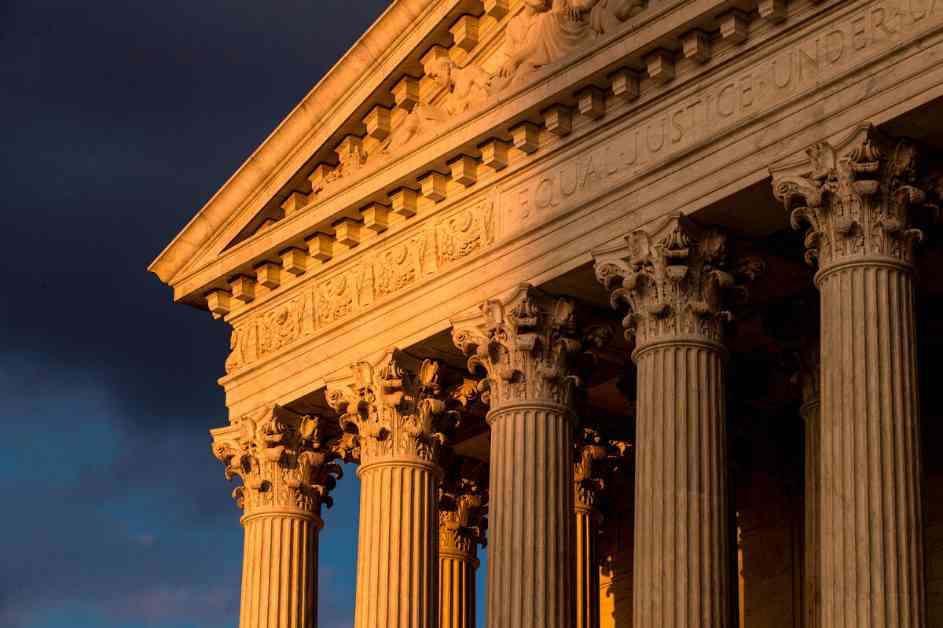The recent decision by the U.S. Supreme Court regarding presidential immunity has sparked debates and discussions across the nation. While the case was centered around former President Donald Trump, the ruling has broader implications for all future presidents, regardless of political affiliation.
The 6-3 decision made it clear that the president is not above the law, but also established guidelines to prevent politically motivated prosecutions that could hinder the functioning of the executive branch. Chief Justice John Roberts emphasized that the president enjoys no immunity for unofficial acts, but at the same time, not everything a president does is considered official.
Critics, particularly progressives, have expressed concerns that the decision could create a “law-free zone” around the president. However, it is essential to understand that the court explicitly rejected Mr. Trump’s claim of absolute immunity, striking a balance between accountability and protection for the president.
Moving forward, federal courts will be required to determine which actions constitute official and unofficial acts by the president, ensuring that prosecutions are based on solid evidence rather than political motives. This decision aims to prevent a scenario where every president could potentially face criminal charges based on policy disputes or disagreements.
It is crucial to acknowledge that while presidents should be held accountable for their actions, they should not be subjected to vindictive or politically motivated prosecutions. The Supreme Court’s ruling has established a middle ground that upholds the rule of law while safeguarding the presidency from undue interference.
In conclusion, the decision on presidential immunity sets a precedent for future administrations and underscores the importance of maintaining a balance between accountability and protection for the nation’s highest office. It is a step towards ensuring that the executive branch operates effectively without the constant threat of legal challenges that could undermine its authority.



